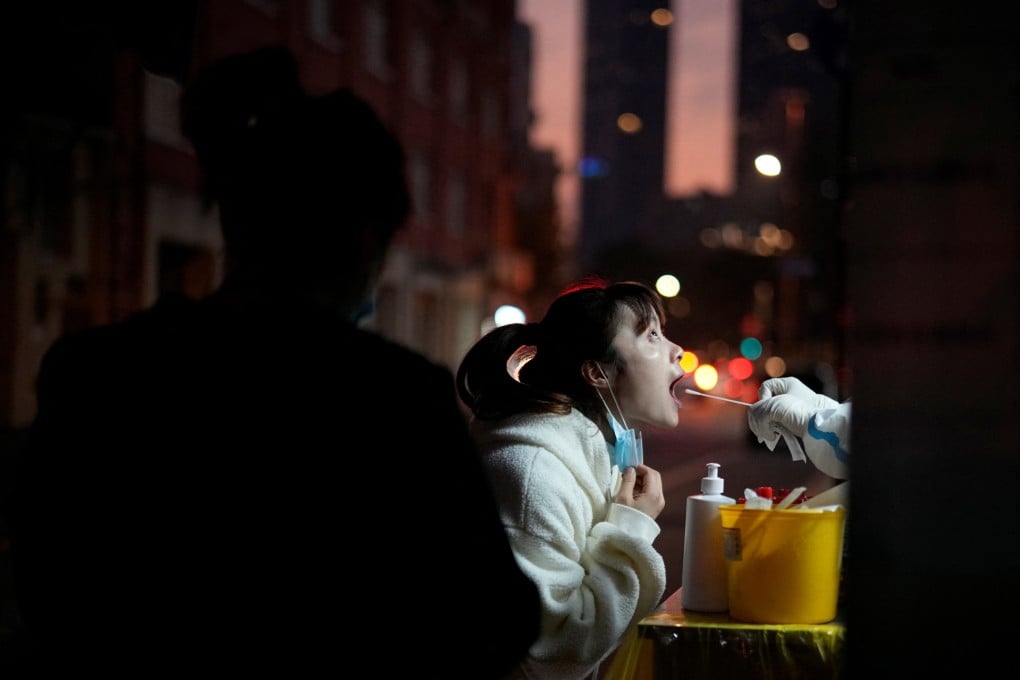Advertisement
Macroscope | China must keep its resolve to ease Covid-19 rules and reopen the economy
- Markets may start bottoming out on the news but investors should pay more attention to what the government does, than what it says
- True challenge is in implementation, given China faces its most severe outbreak in months
Reading Time:3 minutes
Why you can trust SCMP
0

Following last week’s Politburo meeting, the Chinese government announced a sweeping revamp of its Covid-19 response, containing extensive changes ranging from quarantine arrangements and Covid-19 risk identification, to vaccination, use of antiviral drugs and implementation of social and mobility restrictions.
The changes are comprehensive and specific. The key measures can be summarised in four categories:
On quarantine: close contacts of confirmed cases are now subject to a “5+3” arrangement (five days’ quarantine and three days’ home surveillance) down from 7+3. Contacts of close contacts will no longer be identified. And people travelling from high-risk areas need to complete a seven-day home surveillance, instead of quarantine at a centralised facility.
For foreign arrivals: the circuit breaker for international flights is cancelled. The frequency of polymerase chain reaction (PCR) testing required before boarding is cut from two to one. Quarantine for foreign visitors is reduced from 7+3 to 5+3, and quarantine is done only at the first port of arrival, with no repeated quarantine thereafter as he/she travels within China.

On medical preparation: local governments need to increase medical infrastructure, particularly building more hospital and intensive care unit beds. Vaccination needs to be accelerated, focusing on raising the booster shot coverage of the elderly population. The medical authorities need to stockpile antiviral drugs, particularly those for treating severe symptoms. No frequent mass testing is allowed for areas of no infection.

Advertisement
